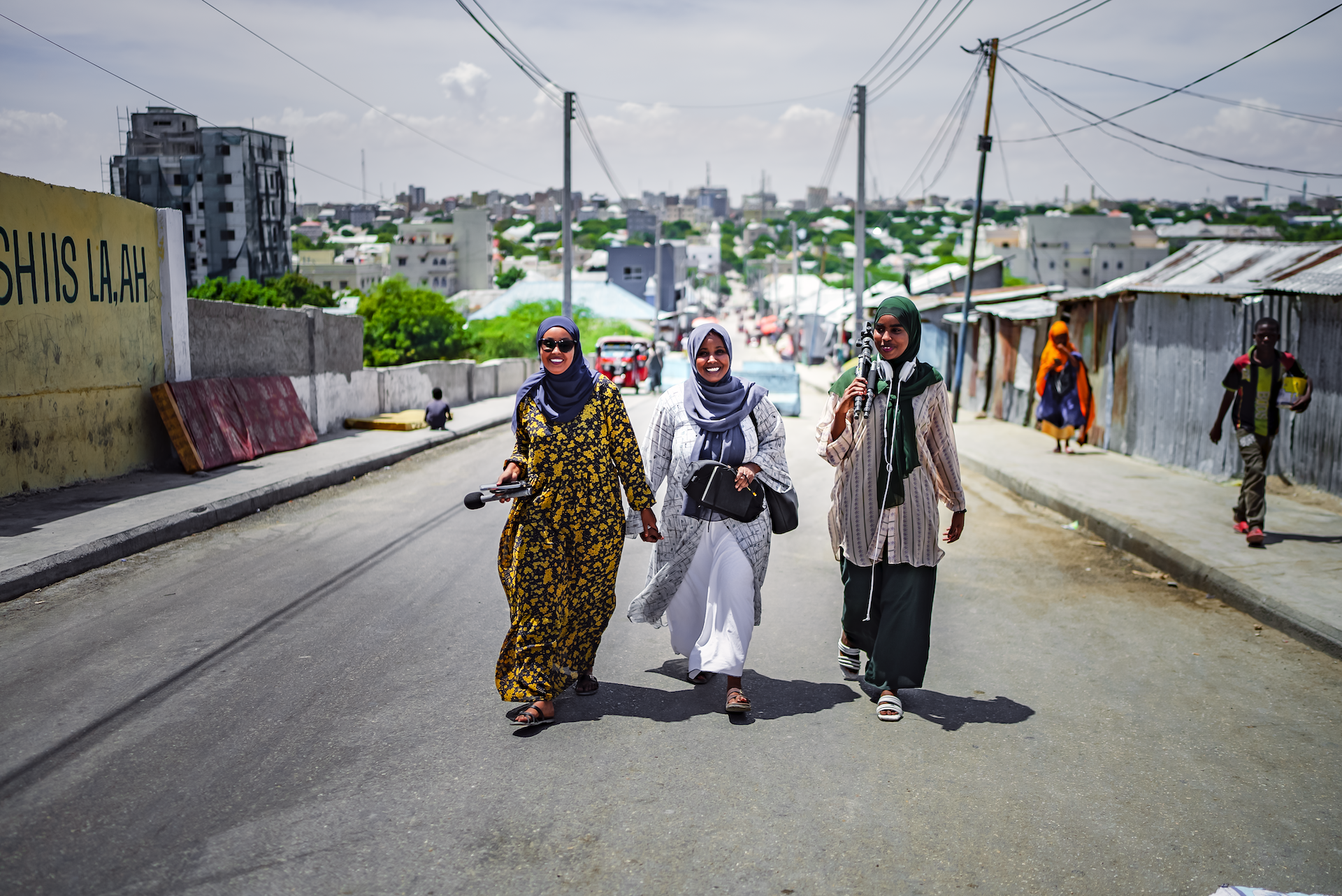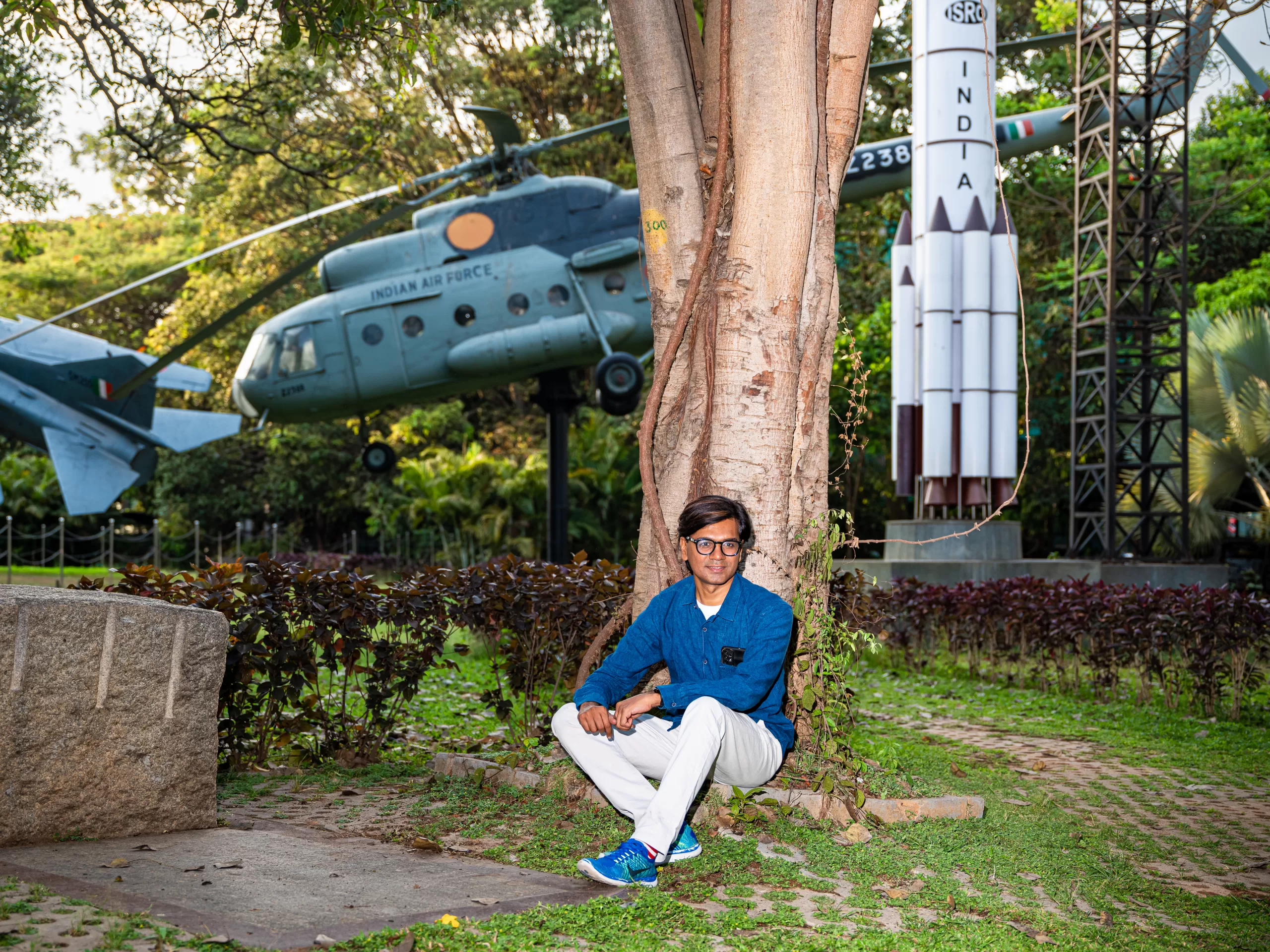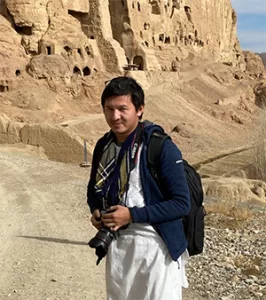Index relies entirely on the support of donors and readers to do its work.
Help us keep amplifying censored voices today.
Modern medicine is a wonderful thing. Before Edward Jenner’s development of the smallpox vaccination in 1796, infectious diseases and viruses killed millions. The introduction of anaesthetic gases during surgical procedures in 1846 eliminated the excruciating pain of surgery. And before Alexander Fleming’s discovery of penicillin in 1928, people died unnecessarily from cuts and grazes.
But the benefits of modern medicine are not felt equally around the world. In this issue, we explore the forgotten patients in global healthcare settings – the marginalised groups who fall through the cracks or are actively shut out of healthcare provision, then ignored or silenced when they raise concerns.
Just like free speech, healthcare is an indisputable human right. But for many around the globe, both these rights are being removed in conjunction with each other. Through telling their stories, this edition aims to shine a light on these injustices and – we hope – empower more people to speak up for the right to health for themselves and others.
A bitter pill to swallow: Sarah Dawood
Not all healthcare is made equal, and pointing this out can have serious consequences
The Index: Mark Stimpson
From elections in Romania to breaking encryption in the UK: a tour of the world’s most pressing free expression issues
Rape, reputation and little recourse: Samridhi Kapoor, Hanan Zaffar
Indian universities have a sexual violence problem that no one is talking about
Georgian nightmare: Ruth Green
Russian-style laws are shutting down more conversations in Georgia, with academia feeling the heat
Botswana’s new era: Clemence Manyukwe
From brave lawyer to president – could the country’s new leader put human rights front and centre?
Venezuela’s prison problem: Catherine Ellis
The disputed new president has a way of dealing with critics – locking them up
Forbidden words: Salil Tripathi
The Satanic Verses is back in India’s bookshops. Or is it?
The art of resistance: Alessandra Bajec
A film, a graffiti archive and a stage play: three works changing the narrative in Tunisia
A tragic renaissance: Emily Couch
The pen is getting mightier and mightier in Ukraine
In the red zone: Alexandra Domenech
Conscription is just one of the fears of an LGBTQ+ visual artist in Russia
Demokratia dismantled: Georgios Samaras
The legacy of the Predator spyware scandal has left a dark stain on Greece
Elon musk’s year on X: Mark Stimpson
The biggest mystery about Musk: when does he sleep?
Keyboard warriors: Laura O’Connor
A band of women are fighting oppression in Myanmar through digital activism
Behind the bars of Saydnaya prison: Laura Silvia Battaglia
Unspeakable horrors unfolded at Syria’s most notorious prison, and now its survivors tell their stories
Painting a truer picture: Natalie Skowlund
Street art in one Colombian city has been sanitised beyond recognition
The reporting black hole: Fasil Aregay
Ethiopian journalists are allowed to report on new street lights, and little else
Whistleblowing in an empty room: Martin Bright
Failures in England’s maternity services are shrouded in secrecy
An epidemic of corruption: Danson Kahyana
The Ugandan healthcare system is on its knees, but what does that matter to the rich and powerful?
Left speechless: Sarah Dawood
The horrors of war are leaving children in Gaza unable to speak
Speaking up to end the cut: Hinda Abdi Mohamoud
In Somalia, fighting against female genital mutilation comes at a high price
Doctors under attack: Kaya Genç
Turkey’s president is politicising healthcare, and medics are in the crosshairs
Denial of healthcare is censoring political prisoners – often permanently: Rishabh Jain, Alexandra Domenech, Danson Kahyana
Another page in the authoritarian playbook: deny medical treatment to jailed dissidents
The silent killer: Mackenzie Argent
A hurdle for many people using the UK’s National Health Service: institutional racism
Czechoslovakia’s haunting legacy: Katie Dancey-Downs
Roma women went into hospitals to give birth, and came out infertile
An inconvenient truth: Ella Pawlik
While Covid vaccines saved millions of lives, those with adverse reactions have been ignored
Punished for raising standards: Esther Adepetun
From misuse of money to misdirecting medicines, Nigerian healthcare is rife with corruption
Nowhere to turn: Zahra Joya
Life as they know it has been destroyed for women in Afghanistan, and healthcare provision is no different
Emergency in the children’s ward: Shaylim Castro Valderrama
The last thing parents of sick children expect is threats from militia
We need to talk about Sudan: Yassmin Abdel-Magied
Would “a battle of narratives” give the war more attention?
RFK Jr could be a disaster for American healthcare: Mark Honigsbaum
An anti-vaxxer has got US lives in his hands
The diamond age of death threats: Jemimah Steinfeld
When violent behaviour becomes business as usual
Free speech v the right to a fair trial: Gill Phillips
Are contempt of court laws fit for the digital age?
An unjust trial: Ariel Dorfman
A new short story imagines a kangaroo court of nightmares, where victims become defendants
Remember the past to save the future: Sarah Dawood, Diane Fahey
Published exclusively, the issues of antisemitism and colonialism are recorded through poetry
Where it’s more dangerous to carry a camera than a gun: Antonia Langford
A singer meets filmmakers in Yemen, and both take risks to tell her story
The fight for change isn’t straightforward: Shani Dhanda
The Last Word, on exclusion and intersectional discrimination
For the last 22 years Index on Censorship has been proud to host the annual Freedom of Expression Awards. It’s an opportunity to celebrate the brave artists, journalists and campaigners from around the world who fight for freedom of expression in the most challenging of circumstances. There are some truly incredible nominees for the awards this year, who more than ever, are challenging the repressive regimes they live under to fight for the rights of ordinary people.
2023 has seen the continuation of Russia’s war on Ukraine with its horrific consequences for the people of Ukraine and the severe repression for those speaking out against the war in Russia. The CCP in China continues to repress journalists, particularly those who attempt to uncover the crimes against the Uyghur people, and activists and protesters for women’s rights in Iran and Afghanistan face vicious attacks from the authorities.
The shortlisted candidates for the Arts award are Visual Rebellion, a platform for sharing the work of photographers, filmmakers, and artists documenting the protests in Myanmar; Iranian rapper Toomaj Salehi, who sings about injustice and the abuse of civil society by the authorities, for which he has been imprisoned; and Ukrainians, curator Maria Lanko and artist Pavlo Makov, who have worked to protect Ukrainian art in the face of Russian war crimes.
The shortlisted candidates for the Campaigning award are Matiullah Wesa from Afghanistan who has worked to ensure all children, but especially girls, have access to education and educational materials; Russian student Olesya Krivtsova who has publicly opposed Russia’s war on Ukraine and has fled the country to avoid up to 10 years’ imprisonment; the Xinjiang Victim’s Database, which records the incarceration and persecution of the Uyghur population in Xinjiang province; and the Africa Human Rights Network which works to support and protect human rights defenders across the Great Lakes region of Africa.
And the shortlisted candidates for the Journalism award are Bilan Media, Somalia’s first women-only media organisation and newsroom; Mohammed Zubair, co-founder of the Indian fact-checking platform Alt News which has led to threats after challenging misinformation; and Afghan Mortaza Behboudi, in exile in France, who continues to travel to Afghanistan every month to work with different media outlets to ensure the voices of Afghans are heard.
The Freedom of Expression Awards are a time to remind ourselves of the importance of freedom of expression and to commit ourselves to protecting our own freedom of expression. It is easily lost but hard fought for. We must not forget that.

It is incredibly dangerous to be a journalist in Somalia. In 2022, Somalia topped the Committee to Protect Journalists’ Global Impunity Index for the eighth year running. Journalists are a specific target of militant Islamist groups, especially Al Shabaab, and are regularly shot, imprisoned and physically harmed by the authorities and other powerful groups. Women face a range of other significant threats that prevent many from being able to work safely. In a society where women are marginalised and in a country where huge swathes of territory are controlled by groups linked to Al Qaeda and Islamic State, Bilan Media believed the only way female journalists can fight censorship and find a degree of freedom of expression was to set up the country’s only all-women media house. In addition to distributing their films and reports on Somali TV, radio and websites, they have established partnerships with international media outlets, such as The Guardian, BBC and El Pais.
As a career for women in Somalia, journalism is considered to be “the bottom of the pile”. This perception shaped how Bilan approached the type of journalism they focused on. In order to reduce verbal and sexual harassment and the threat of physical attack, Bilan decided to work as “Mobile Journalists” where they use mobile phones and other small equipment for their reporting so they are less visible to a hostile public and could escape the scene quickly if needed.
Bilan focuses on stories that are not represented in the broader media coverage in Somalia. These include stories about people living with HIV/AIDS, girls who have recently undergone Female Genital Mutilation (FGM); orphans who were abandoned when their orphanage closed due to the COVID-19 pandemic only to return with babies of their own after being raped or forced into temporary marriages; female opioid addicts; the mistreatment of people living with albinism; underage girls sold into marriage and young children forced into hard labour to earn money for their families.

Mohammed Zubair, co-founder of AltNews. Photo: Mahesh Shantaram / www.thecontrarian.in
Mohammed Zubair and others decided to found AltNews.in, a portal dedicated to busting fake news to address flaws in the Indian media ecosystem, such as overt political pressure on media outlets and opaque methods by which government funding was awarded to media outlets. Alt News’ goal was to dismantle propaganda networks in a manner that could be used by other publishers. Alt News’ approach focuses on political fact-checking to scrutinise claims made by political parties, leaders and other persons in positions of authority; debunking social media rumours; and examining media misinformation and bias.
Alt News aims to foster a stronger and more vibrant media environment by amplifying dissenting voices and creating barriers to prevent mis/disinformation from spreading. As a result, the outlet has faced considerable social, litigious and political pressure to halt their work. Using both his personal twitter account, as well as the outlet’s website, Mohammed Zubair and his colleagues have reported on inter-communal violence in India, the actions of vigilante groups, as well as the use of social media platforms to amplify hate speech.
In June 2022, following a tweet exposing a national spokesperson of the BJP making hateful and Islamophobic utterances on national TV, Mohammed Zubair was arrested by the Delhi and Uttar Pradesh state police. Based on an earlier satirical tweet posted in 2018 and reported by another user, Zubair was charged with "promoting enmity between different groups on grounds of religion, race, place of birth, residence, language, etc." and “deliberate and malicious acts, intended to outrage religious feelings of any class by insulting its religion or religious beliefs”. It has been reported that whenever Zubair was granted bail on one case another FIR (or First Information Report) would be lodged against him. This led to six FIRs being lodged against Zubair, resulting in him being caught in a 24 day cycle of arrest, bail and re-arrest. The following month, the Indian Supreme Court granted Zubair bail and ordered his release, as there was no justification for keeping him in custody.
 Mortaza Behboudi (Afghanistan/France)
Mortaza Behboudi (Afghanistan/France)